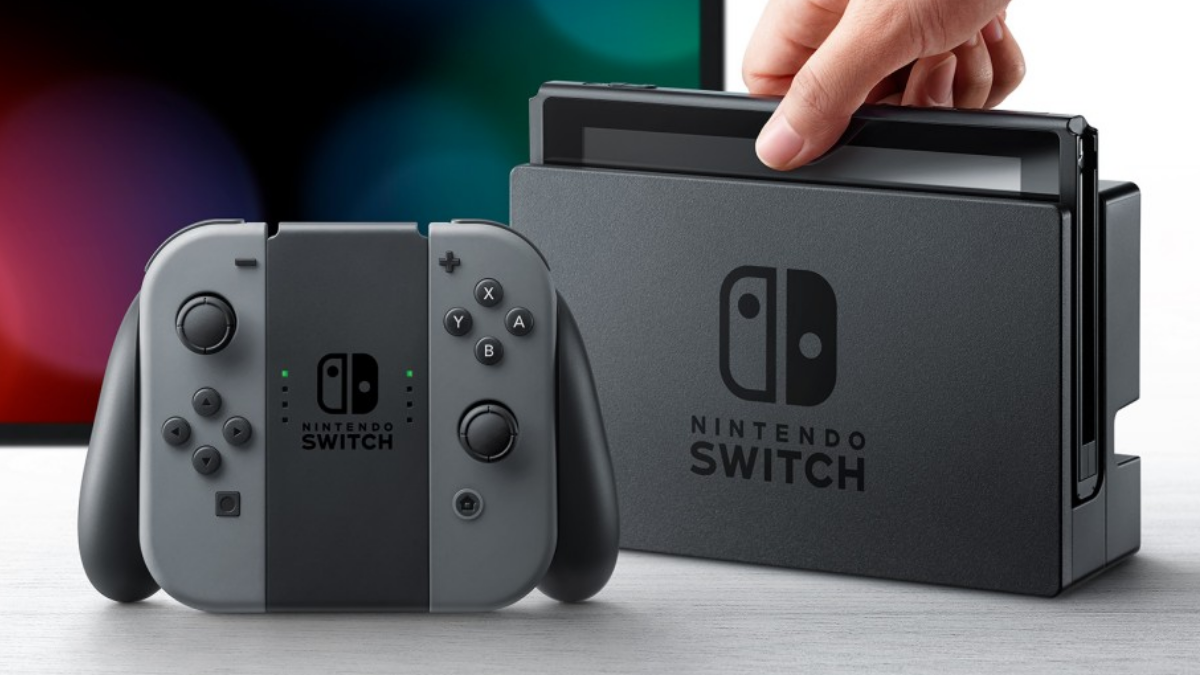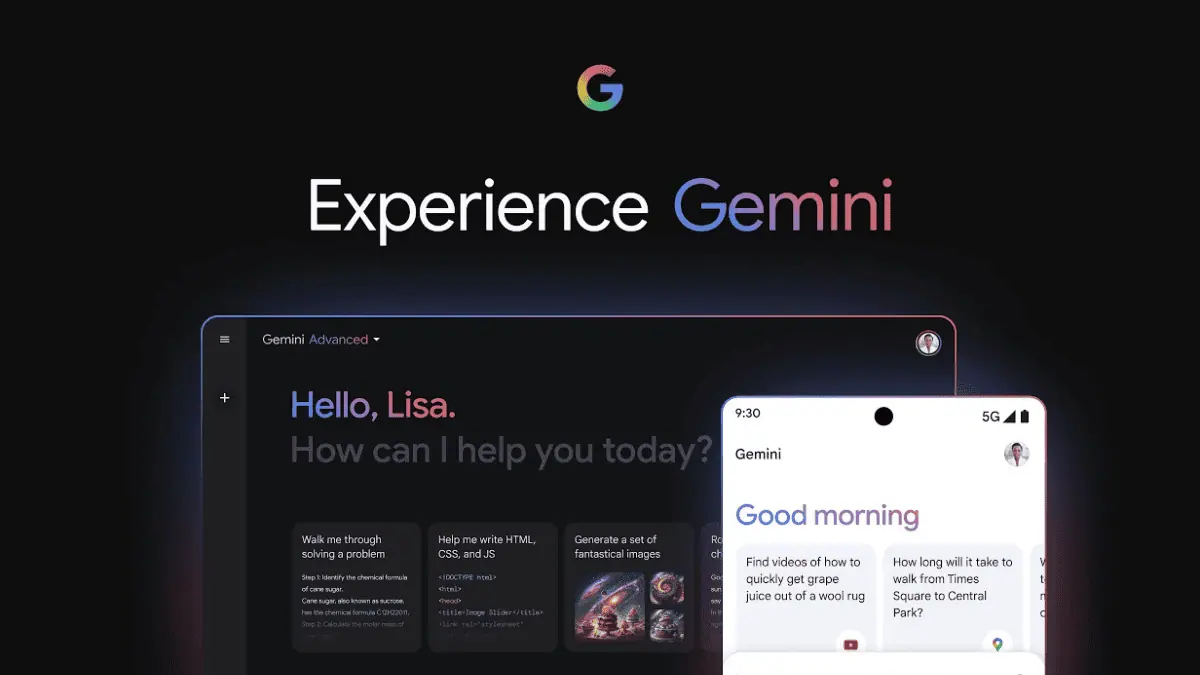Joe Belfiore could possibly be the man behind Windows Cloud
3 min. read
Updated on
Read our disclosure page to find out how can you help MSPoweruser sustain the editorial team Read more

Joe Belfiore, otherwise known as the “lord and saviour of Windows Phone” is officially back at Microsoft. Belfiore returned to Microsoft last fall, but he officially announced his return in an interview with Mashable today. After a year long holiday, Joe Belfiore now serves as the “education sponsor and advocate” in the Windows team at Microsoft. According to Mashable, Belfiore doesn’t have a title at the moment but his main job is to “make sure that Microsoft is focusing on and responding to the education audience.”
Belfiore returned to Microsoft a few months ago, but the announcing his return now is actually pretty interesting. Belfiore talks a bit about the benefits of Google’s Chromebook to education audience and feels that current Windows 10 devices are “up to the Chromebook challenge” in the interview.
Well .. it appears I'm outed. Think the timing was a coincidence?
— Joe Belfiore (@joebelfiore) April 12, 2017
The timing of the announcement is very interesting because Microsoft is expected to introduce a Chrome OS competitor early next month at its Spring event. The company is currently working on Windows Cloud, which is a new SKU of Windows 10 that will likely be targeted towards the education audience. If Windows Cloud is indeed Microsoft’s take on Chromebooks, I actually wouldn’t be surprised if Joe Belfiore is the man behind Windows Cloud.

What’s more, Windows Cloud actually comes with Office apps pinned to the Start Menu in the Windows 10 Creators Update. As I exclusively reported recently, Microsoft is bringing full-featured versions of its Office desktop apps to the Windows Store, which means users will be able to use those apps on Windows Cloud. And unlike Chromebooks, users will get a full blown version of Office on Windows Cloud which is a major advantage for Microsoft.
Interestingly though, when asked about whether Microsoft would consider a “thin-client Windows” to compete with Chromebooks, Belfiore said, “If you mean an OS that doesn’t run rich Windows apps, then no.” But Windows Cloud actually isn’t really an OS that doesn’t run rich Windows apps — for one, users can get all the Universal Windows Platform apps from the Windows Store on Windows Cloud. But more importantly, they can also get some of the classic Win32 apps from the Windows Store thanks to Microsoft’s Desktop App Bridge. In fact, Microsoft itself is using its Desktop App Bridge to bring the full blown versions of Office to the Windows Store.
Microsoft’s Spring event isn’t far away, and we’ll likely have the answers to our questions fairly soon. It will be very interesting to see what Belfiore has been working on in the past few months, so make sure to keep an eye on MSPU for the latest on Windows Cloud.









User forum
0 messages